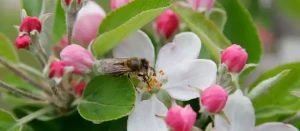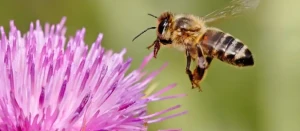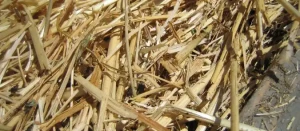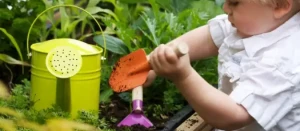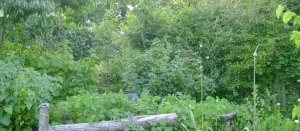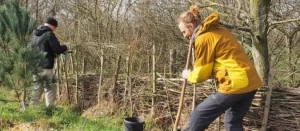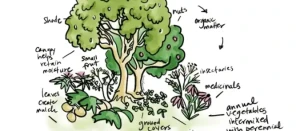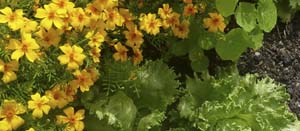SEARCH RESULTS > ARTICLES > Attract
Learn why building guilds around your trees benefits your garden by fostering ecosystem health, promoting biodiversity, and enhancing soil fertility. Learn More
Gardening for bees is not only beneficial for the environment but also rewarding for gardeners. By planting herbs that attract bees, you not only support pollinators but also enhance the biodiversity of your garden. Here are 13 easy-to-grow herbs that bees love: Learn More
The no-dig method, also known as no-till gardening, is a sustainable and organic approach to cultivating vegetables without disturbing the soil structure. This gardening technique has gained popularity among gardeners due to its numerous benefits for soil health, plant growth, and overall garden productivity. Unlike traditional gardening methods that involve tilling, digging, and turning the soil, the no-dig method emphasizes minimal soil disturbance. Instead of breaking up the soil, gardeners layer organic materials on top of the ground to create nutrient-rich soil beds where plants can thrive. By implementing the no-dig method, gardeners can improve soil structure, enhance soil fertility, and promote beneficial soil organisms such as earthworms and microorganisms. Additionally, this approach helps to conserve water, reduce weed growth, and minimize soil erosion. Learn More
Welcome, fellow gardeners and parents! As spring approaches, it's the perfect time to engage children in the joys of gardening. Not only does it foster a love for nature, but it also teaches valuable lessons about responsibility, sustainability, and patience. Let's explore some exciting activities to make gardening with kids a delightful experience! Learn More
Gardening is not just about growing beautiful flowers or tasty vegetables; it's about creating a sustainable and harmonious ecosystem. Regenerative gardening practices aim to restore and enhance the health of the environment, soil, and biodiversity. In this article, we will explore various regenerative gardening techniques that empower gardeners to contribute positively to the planet. Learn More
Edible forest gardens, rooted in the principles of permaculture, offer a sustainable and regenerative approach to gardening that mimics the structure and function of natural ecosystems. These gardens are designed to be not only beautiful but also productive, providing a diverse range of edible plants while enhancing ecological balance. In this article, we explore the concept of edible forest gardens and delve into the permaculture practices that make them flourish. Learn More
In permaculture, the term "guild" refers to a grouping of plants, animals, fungi, and other elements that work together in a symbiotic and mutually beneficial way within a specific ecosystem or garden. The concept of guilds is derived from the observation of natural ecosystems, where different species coexist and support each other in various ways. Learn More
Creating a thriving and productive garden involves more than just selecting the right plants and providing adequate water and sunlight. One often-overlooked strategy that can significantly enhance your garden's health and yield is companion planting. This ancient practice involves strategically planting different crops together to maximize their benefits and minimize potential issues. Learn More
